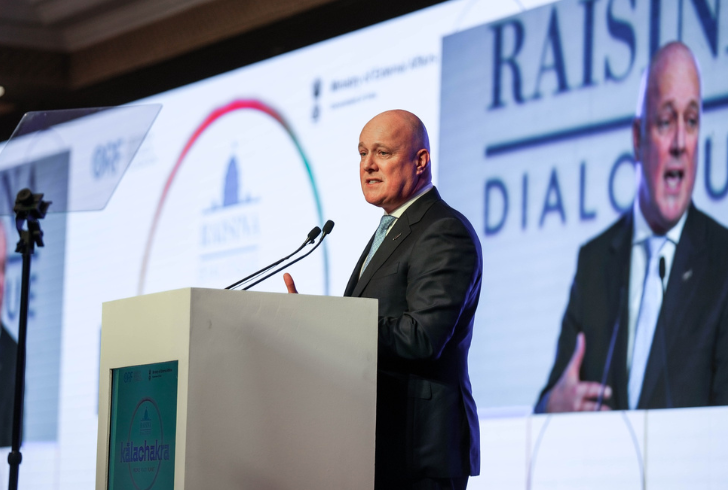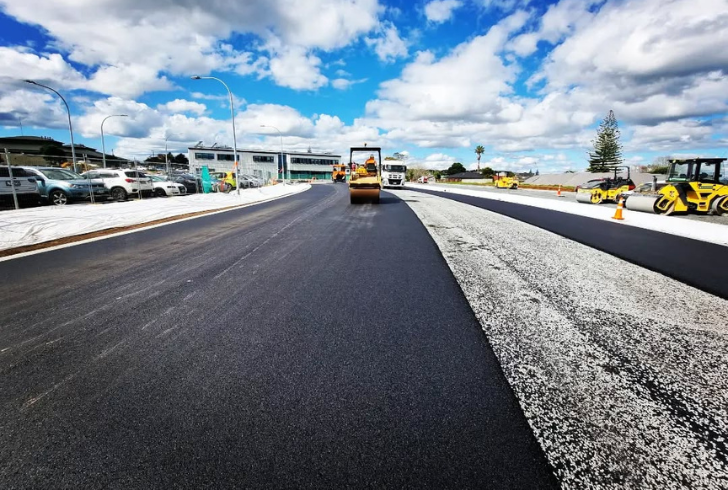New Zealand is making a bold move to attract foreign investments. The government, under Prime Minister Christopher Luxon, is working to create a more investor-friendly environment.
With changes to outdated regulations and quicker investment approvals, New Zealand aims to become a top destination for international investors. This shift marks a new chapter for the country’s economy, focusing on growth and stability.
A Changing Investment Landscape
For years, New Zealand had some of the strictest foreign direct investment (FDI) policies among OECD nations. The approval process was slow, and rules around ownership were restrictive. As a result, many potential investors were hesitant. However, Luxon’s administration is changing this. They’ve introduced reforms to simplify the process and attract more investment.

Key changes include:
1. Faster Approvals – Investment applications, once taking months, now take just 15 days to approve.
2. Policy Revisions – The government is removing unnecessary regulations to create a more open business environment.
3. Focus on Infrastructure – New Zealand is encouraging investment in sectors like transport, healthcare, and energy.
A High-Profile Summit to Boost Investments
Recently, Auckland hosted the New Zealand Infrastructure Investment Summit. The event attracted major global players such as Brookfield Asset Management, Bank of China, and Macquarie. The summit, attended by investment funds worth NZ$6 trillion (US$3.4 trillion), highlights New Zealand’s commitment to growing its economy.
Prime Minister Luxon is optimistic: “There’s a large amount of capital worldwide looking for stable, secure returns. New Zealand is ready to offer just that.”
Key Sectors Open for Investment
New Zealand is focusing on several key industries that are ripe for foreign investment:
1. Infrastructure Development

The country is prioritizing construction projects such as roads and bridges to close its infrastructure gap.
2. Energy and Natural Resources
Loosened restrictions on oil, gas, and mining projects are opening up opportunities for global energy companies.
3. Technology and Innovation
New Zealand’s growing space sector and scientific research are creating new prospects for investors.
4. Healthcare and Aged Care
With rising demand for healthcare services, the private sector is encouraged to invest in medical infrastructure.
Overcoming Economic Challenges
Foreign direct investment in New Zealand dropped to NZ$6.1 billion in the year to March 2024, down from NZ$12.7 billion in the previous year. This decline shows how much work is still needed to attract more global capital. According to the Organisation for Economic Co-operation and Development (OECD), New Zealand has struggled to attract inward investment compared to other open economies.
Chris Bishop, New Zealand’s infrastructure minister, acknowledged the need for change: “For too long, we’ve had concerns about private sector involvement. Now, it’s time to show the world we’re open for business.”
A Vision for the Future

Luxon’s government has already made significant changes, including repealing policies from the previous administration, like the ban on oil and gas exploration. Further reforms are planned, such as overhauling planning laws, easing health and safety regulations, and adjusting environmental policies to foster business growth.
The country faces an estimated NZ$200 billion infrastructure gap, which presents a significant opportunity for foreign investment. While no major privatizations are planned in the short term, Luxon has expressed openness to asset sales as part of future strategies.
Luxon remains confident: “New Zealand is a safe and stable place for investment. This is just the start of a long-term vision to strengthen our economy.”
New Zealand is opening its doors to international investors. With reforms to simplify the investment process, a focus on key industries, and a welcoming environment for foreign capital, the country is positioning itself for a bright economic future.





